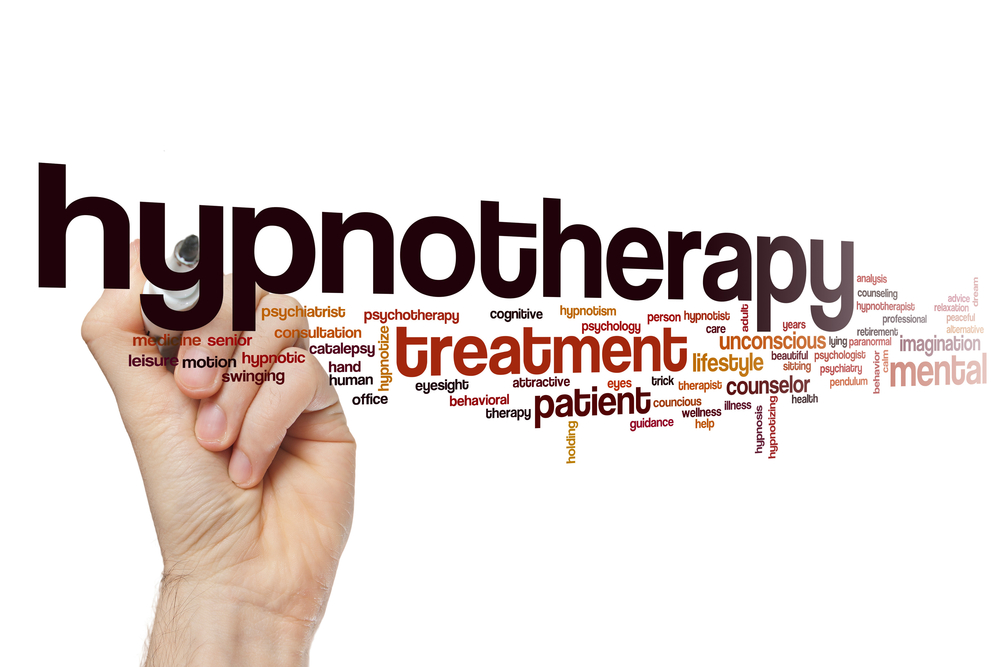The Health Benefits of Hypnotherapy
Have you ever been hypnotized? Would you ever want to be? In popular culture, hypnosis is often depicted as someone being talked into doing something silly, such as quacking like a duck.
True hypnosis though isn’t a stage trick, nor is it quackery. Hypnotherapy is a reliable therapeutic intervention that can help patients with a range of illnesses. It’s been proven to help cancer patients tolerate treatment and manage side effects. The publication OncologyNurseAdvisor states that “Patients who undergo hypnosis before surgery or before chemotherapy or radiation therapy generally heal faster, experience less pain, need less pain medication and are less anxious about their situation.”
Dr. Luiken's Experience with Hypnotherapy
Dr. George Luiken, who practices part-time at The Ghosh Center, has been an advocate of hypnotherapy for many years. He was introduced to it in the early 1970s by colleagues using it to help children get through difficult procedures. Because he was interested in improving the treatment experience for his chemotherapy patients, Dr. Luiken took a class through the hospital to learn more.
He found hypnotherapy made a big difference. One of his patients was finally able to tolerate chemotherapy after becoming gravely ill during previous treatments. Since then, he’s seen it work effectively for hundreds of patients. He’s even used hypnotherapy to help himself compete in elite running events. (Among the many benefits of hypnotherapy is the ability to boost athletic performance.)
How Hypnotherapy Works
Professionals use clinical hypnosis to help patients achieve psychological and physiological change. They do this by introducing relaxing mental imagery to create a state of absorption, concentration and focused attention. Once in this state, sometimes called a deep state, people are more able to receive suggestions and channel their inner power to bring about change. In essence, clinical hypnosis is the ultimate act of self-control.
Dr. Luiken stresses that creating a positive patient experience is key. “Words matter. As a physician, the way I approach a patient and the words I use affect what my patient experiences. For example, if I tell someone ‘you may or may not even feel it when we put the needle in your arm,’ it creates a different experience than telling them to expect a sharp stick.”
When Dr. Luiken prepares a patient for hypnotherapy, the right words set the tone for relaxation in a matter of minutes. Once someone reaches a deep state, he offers suggestions, such as telling someone that when they sit in a treatment chair, their minds will calm, and their bodies will relax. The trigger is the treatment chair; the suggestion becomes internalized as an automatic response. Our patients will tell you it works.
“Group or individual sessions are available with Dr. Luiken by appointment and are generally covered by insurance.”
Self-Hypnosis
Once a patient has been successfully hypnotized, Dr. Luiken teaches them simple techniques to do it on themselves. Most patients learn easily to enter a deep state every time they come in for treatment.
Many use self-hypnosis at home to reduce nausea, pain, anxiety and fatigue. A few minutes of hypnosis can provide hours of relief. Hypnotherapy also promotes sleep and improves health when used to curtail habits such as smoking.
Take the First Step
Ready to try it out? Group or individual sessions are available with Dr. Luiken by appointment and are generally covered by insurance. He’ll be in the office the week of September 17-21, so let us know if you’re interested!

